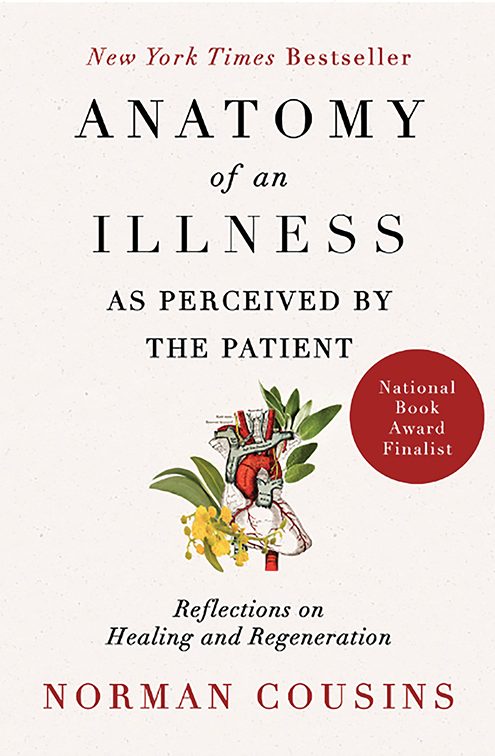Songwriter Burt Bacharach died last week at 94. His songs were mostly old-school paeans to romance — “Walk on By,” “The Look of Love,” “I Say a Little Prayer,” “This Guy’s in Love With You,” “Alfie,” to name just a few. Still, they popped up on the Top 40 charts for four decades, alongside the latest from the Stones, Donna Summer, Bruce Springsteen, the Temptations, the Cure, Elvis Costello, you name it. Bacharach left a musical legacy that made millions of people happy, even if only for three minutes at a time. You could do worse in this life.
I mention all this because I’ve been reading a lot about happiness lately, and the fact that we humans are essentially hard-wired for toxic or tonic thinking — stress or respite. It’s well-established now that how we process stress can either help our body heal or cause it to close itself off with anxiety.
I’m dealing with some health issues, so I’ve spent a lot of time recently consulting with Dr. Google. And even though my prognosis is pretty good, I still take heart from reading the vast trove of anecdotal “power of positive thinking” stories. These are genuine NIH medical histories, not hippie fantasies or Mexican-miracle-cures. For example, countless serious studies using placebos have demonstrated that if someone believes a medicine is helping, it will, even if it’s not medicine. Similarly, what were once considered “quack” remedies, including meditation and holistic practices, and even certain mushrooms long used in Chinese medicine, are now being tested with promising results. So that reishi mushroom tincture I take every morning couldn’t hurt, right?
Once, virtually every system of healing around the globe, from primitive jungle tribes to the kingdoms of Renaissance Europe, treated the mind and body as a whole. Then, 300 years ago or so, Western medicine started to see them as two distinct entities: The body came to be perceived more as a machine with replaceable, repairable, independent parts, with little medical connection to the mind’s influence. This led to great advances in surgery, trauma care, and pharmaceuticals, but it ignored the vital connections between mind and body, the recognition that the mind and body are not separate, but one. Our healthcare system is still primarily geared to medicate and operate, but thankfully the recognition of holistic strategies has also re-emerged.
So, back to the mind: If there are two options, what mental habits are tonic? And which are toxic? Meditation is probably the purest form of tonic thinking — just focusing on breathing and clearing one’s mind. Listening to music is tonic, as is any activity that gets your mind and body into a cohesive flow. As for toxic thinking? It’s dealing with stress. It’s worry. It’s tossing and turning at night over unpaid bills or that fight with your spouse or the pain in your chest that won’t subside. Learning to recognize stress and how to counter it is as medically necessary as remembering to take that evening cholesterol tablet.
In my, er, research, I rediscovered a book by Norman Cousins called Anatomy of an Illness. This book was a big deal in the 1960s, mainly because it was one of the first accounts of someone who ignored the medical establishment and succeeded in curing himself — and because Cousins was a well-known writer and the editor of the then-popular national magazine, Saturday Review. (I should add here that I was briefly managing editor at SR in the 1980s and had occasion to work with Cousins for a few months.)
At any rate, in 1964, Cousins was told he had ankylosing spondylitis — a crippling and irreversible disease — and should get his affairs in order. Faced with spending the short remainder of his life wasting away in a hospital room, Cousins checked into a hotel, and with the help of a sympathetic doctor, took massive amounts of vitamin C and spent hours every day watching comedies by the Marx Brothers and W.C. Fields and reading humorous books, his thesis being that laughter would free his brain from worry and negativity. It was a good call. His illness disappeared and his book became a huge bestseller, and he beat the raindrops falling on his head. You could do worse in this life, Alfie.
